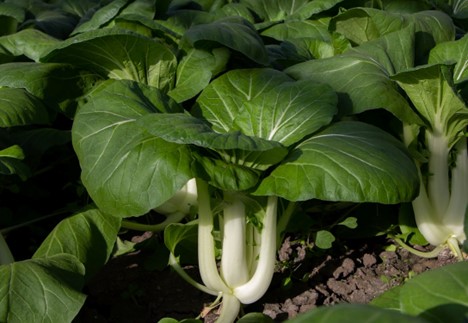Discover Pulses: Plant-Based Protein for Optimal Health
Are you looking for a versatile and nutritious addition to your diet? Pulses, a category of legumes that includes beans, lentils, and peas, are a fantastic option! These tiny yet mighty ingredients are packed with nutrients, especially protein. Let’s explore why pulses are an excellent choice for a healthy diet and which ones are particularly high in protein.
What Are Pulses?
Pulses are the edible seeds of plants in the legume family. They include a variety of familiar foods such as lentils, chickpeas, and different types of beans. Pulses are not only high in protein but also rich in fiber, vitamins, and minerals. They are a staple in many diets around the world and have been a vital source of nutrition for centuries.
The High-Protein Benefits of Pulses
Pulses are an excellent source of plant-based protein. This makes them an essential part of vegetarian and vegan diets, as they provide a significant amount of protein without the need for animal products. They are also a great option for those looking to reduce their meat consumption while still getting enough protein.
Here are some additional benefits of pulses:
- Rich in Fiber: Pulses are high in dietary fiber, which aids in digestion and helps maintain a healthy gut.
- Low in Fat: Most pulses are low in fat, making them a healthy option for those monitoring their fat intake.
- Nutrient-Dense: Pulses are packed with vitamins and minerals such as iron, potassium, and magnesium.
- Affordable and Sustainable: Pulses are often more affordable than animal-based protein sources and have a lower environmental impact.
High-Protein Pulses to Include in Your Diet
- Lentils: Lentils are small, lens-shaped pulses that come in a variety of colors, including red, green, and black. They are one of the highest sources of protein among pulses, providing around 18 grams of protein per cooked cup.
- Chickpeas: Also known as garbanzo beans, chickpeas are versatile pulses used in dishes such as hummus and salads. One cooked cup contains about 14.5 grams of protein.
- Black Beans: Black beans are commonly used in Mexican and Latin American cuisine. They offer around 15 grams of protein per cooked cup and are a great addition to soups, salads, and rice dishes.
- Kidney Beans: These large, red beans are popular in dishes like chili and red beans and rice. One cooked cup of kidney beans contains approximately 13 grams of protein.
- Peas: Peas, including green and split peas, provide about 8 grams of protein per cooked cup. They are often used in soups, stews, and side dishes.
How to Incorporate Pulses into Your Diet
Adding pulses to your meals is simple and can greatly benefit your health. Here are some ideas to get you started:
- Soups and Stews: Pulses can be added to soups and stews to enhance flavor and nutrition.
- Salads: Tossing pulses into your favorite salad can boost protein and fiber content.
- Burgers: Try making veggie burgers using lentils or black beans as the base.
- Dips and Spreads: Make hummus with chickpeas or other pulse-based dips for a healthy snack.
- Curries and Stir-Fries: Add pulses to curries and stir-fries for a satisfying and protein-rich meal.
To learn more, check out this summary from EUFIC.
Pulses are a fantastic addition to any diet, offering high levels of protein along with other essential nutrients. Whether you’re vegetarian, vegan, or just looking to add more plant-based foods to your meals, pulses are a great choice. With their affordability, versatility, and health benefits, pulses deserve a regular spot on your dinner plate!
It’s a fantastic idea also to incorporate supplements from the Asher Longevity Institute. By doing so, we can enhance your body’s overall health and well-being.




